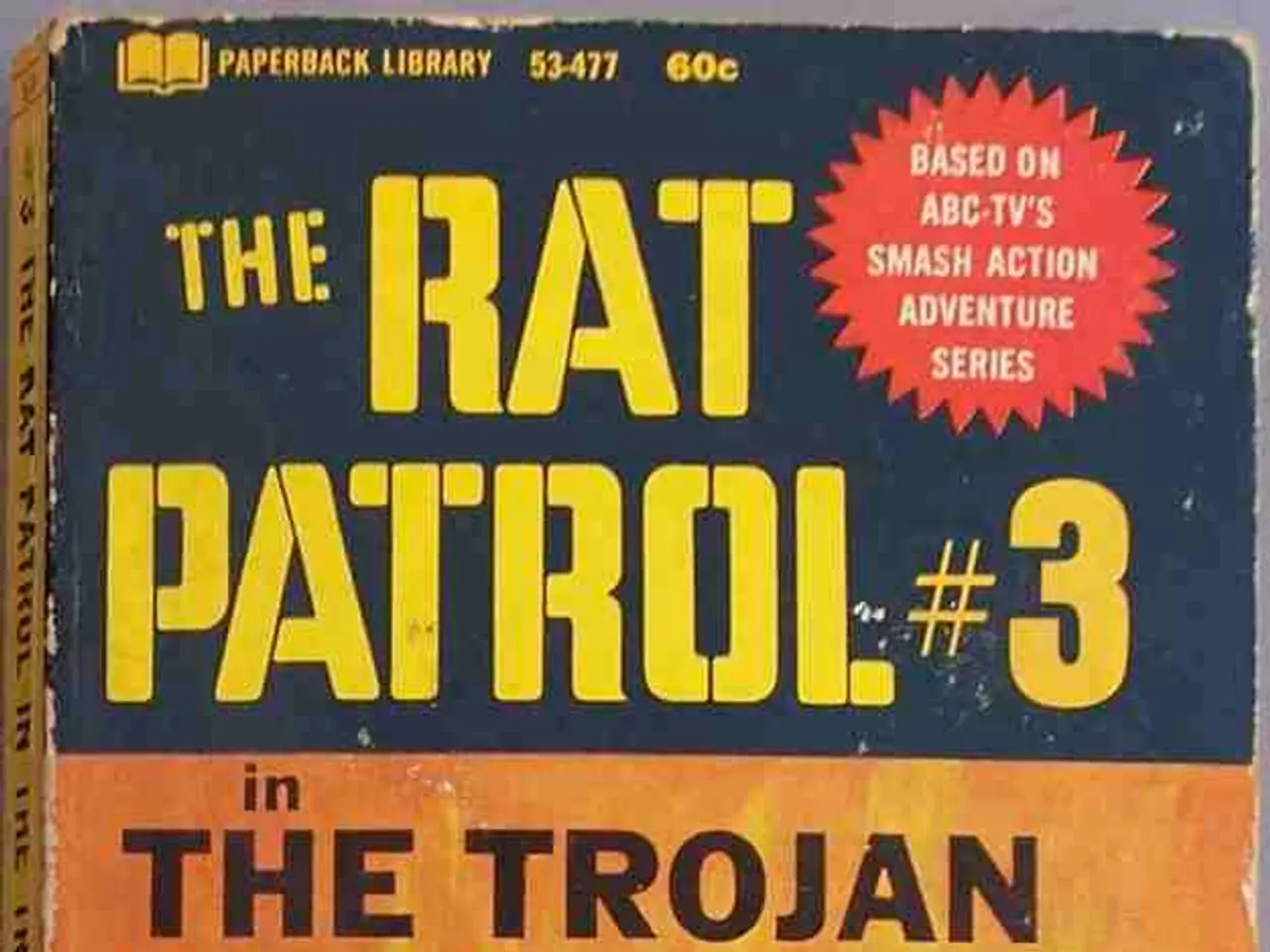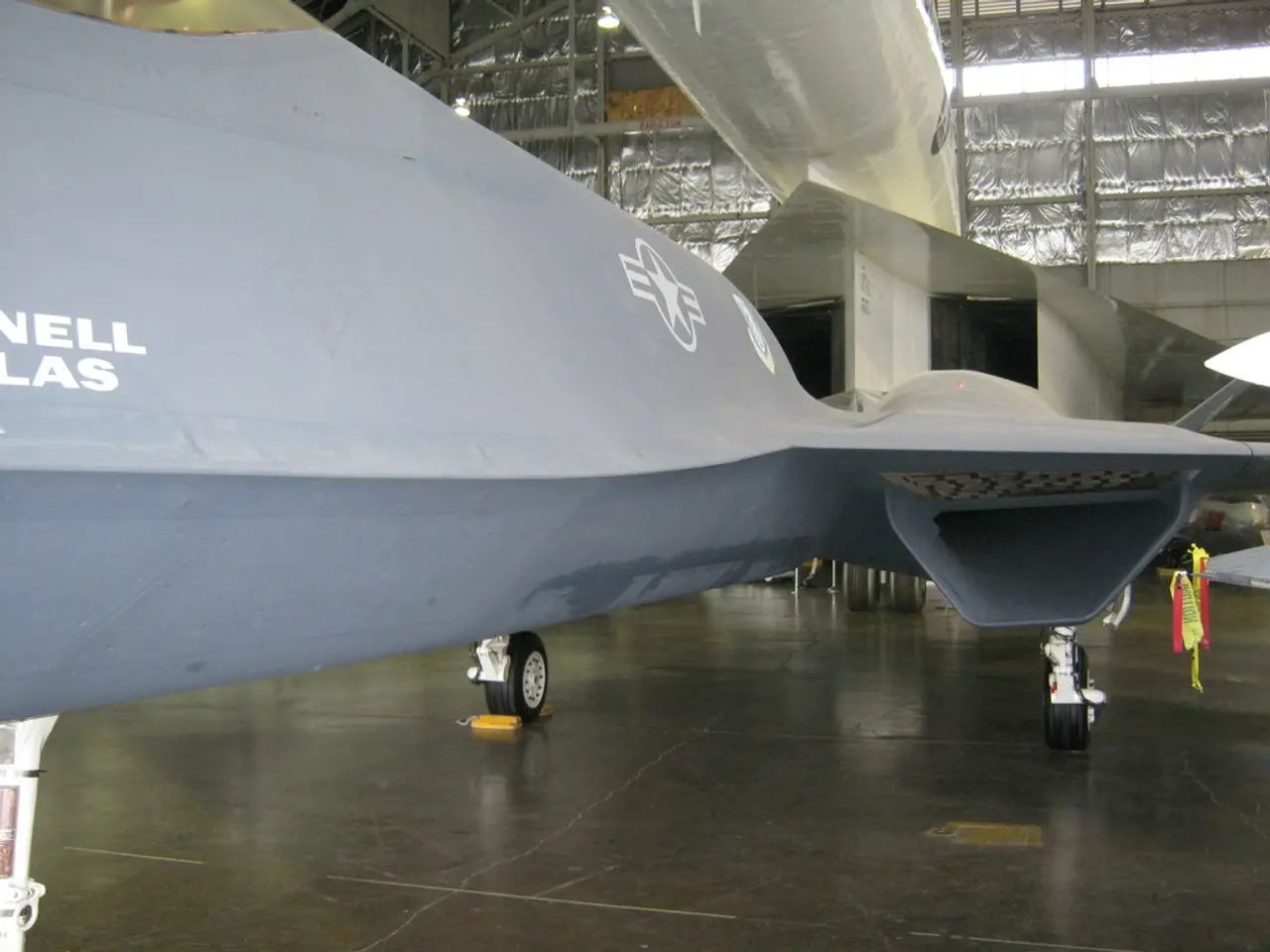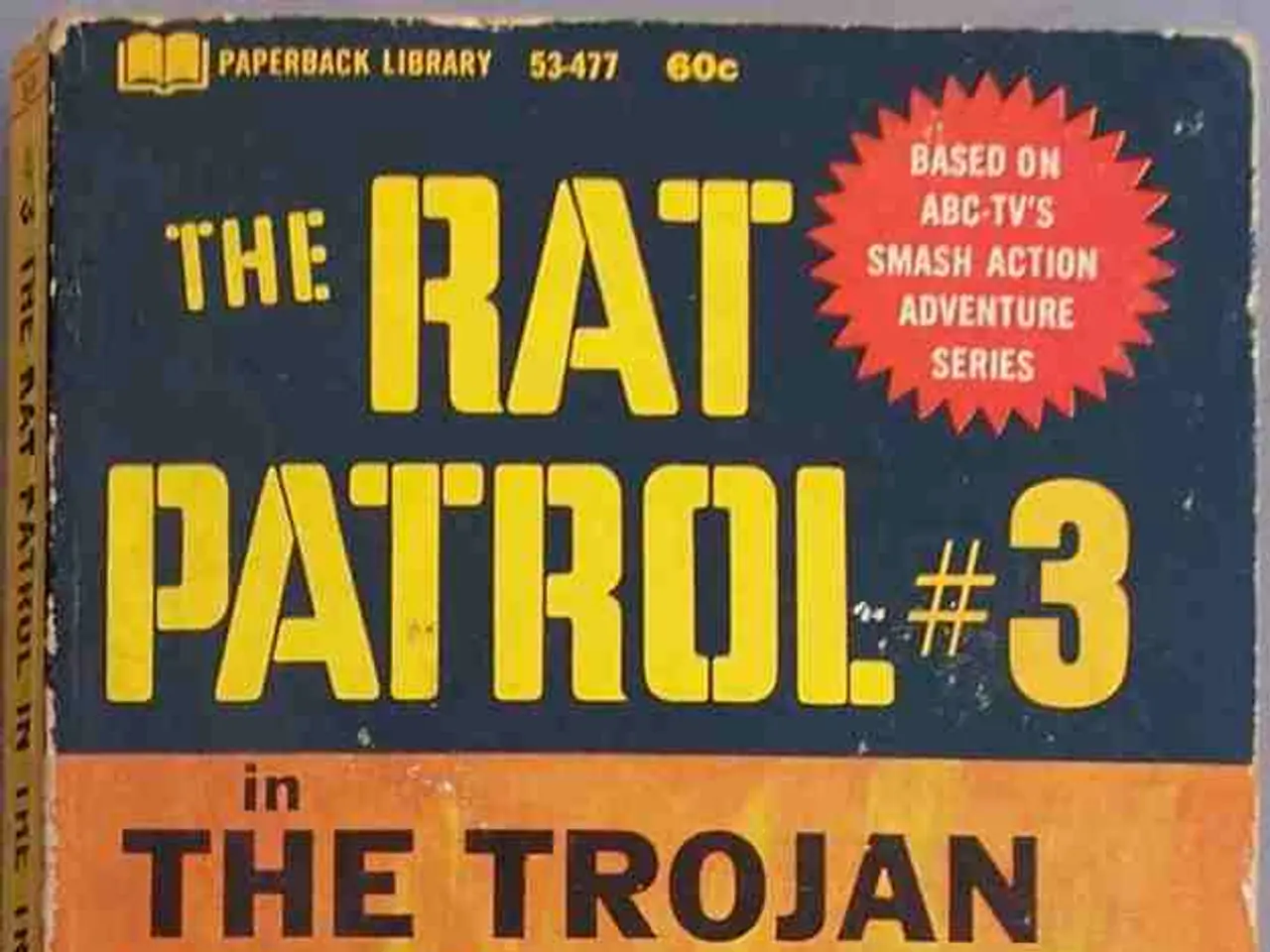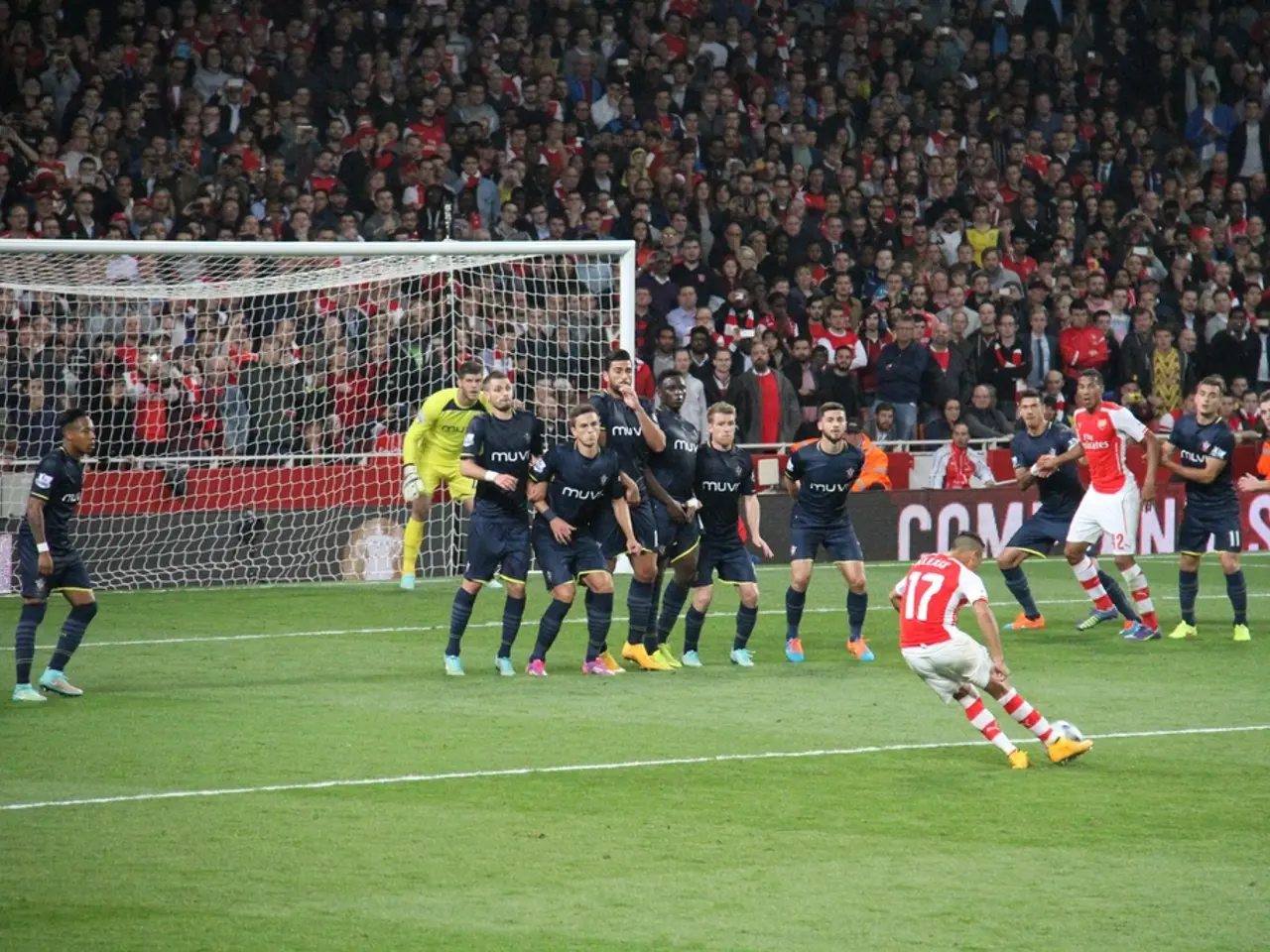Global Opinions on the Potential Confrontation Between Israel and Iran: " Past Regime Changes in the Middle East Have Led to Disastrous Consequences"
"Past transitions of power in the Middle East have woefully fallen short"
Read & Chat Share Save
As the world waits for a decision from US President Donald Trump, speculation swirls about potential American involvement in Israel's ongoing air strikes against the Iranian regime. Several publications express concerns over the prospective outcome and potential implications:
"The New York Times" argues that any US attack on Iran must be authorized by Congress, stating, "A nuclear-armed Iran would pose a significant threat to global security and stability. If President Trump seeks American intervention in Israel's war against Iran, it is imperative that Congress first approve the use of military force."
The London-based "Financial Times" cautions against attempts to incite regime change in Iran, citing historical examples of failed regime changes in the Middle East. In a region already fraught with instability, such intervention could yield unpredictable consequences, not just limited to the Middle East.
The Norwegian "Verdens Gang" raises the alarm that the war between Israel and Iran could set the world ablaze. The upcoming days and weeks will be crucial in determining the US and President Trump's involvement, as well as the steps Israel takes in the conflict.
The Italian daily "La Stampa" notes that, in light of the crisis, Chinese diplomacy faces an unprecedented challenge. If the conflict persists, it may threaten energy supplies from Iran and Iraq and undermine China's strategic partnership with Iran. Furthermore, Beijing's engagement with Israel is at an all-time low, with suspicion and resentment growing among Iranians.
The Dutch newspaper "de Volkskrant" highlights Iran's weakened alliances in the Middle East. Previously, Iran had a strong military network, known as the 'Axis of Resistance,' with key members such as Hezbollah (Lebanon) and the Houthis (Yemen). However, since the removal of Hamas from power in 2023, the Iranian regime finds itself increasingly isolated.
Historical examples of regime change in the Middle East, particularly involving Iran, illustrate complex outcomes often characterized by unintended consequences and regional instability. For instance, the 1953 CIA and MI6-orchestrated coup against Iran's democratically elected Prime Minister Mohammad Mossadegh resulted in the establishment of a theocratic regime that is still in power today.
Other attempted regime changes, such as the U.S.'s intervention in Iraq (2003) and Libya, have shown the challenges and risks inherent in forcing political change. These situations often result in prolonged chaos and violence, proving that regime change is not always a straightforward solution[1][2].
In light of these considerations, it is crucial to tread carefully when discussing potential regime change in Iran. Past failures highlight the complexities and dangers associated with such a move, emphasizing the importance of thorough deliberation before making any decisions.
Enrichment Data:
Historically, regime change in the Middle East, particularly Iran, has led to complex outcomes often marked by unintended consequences and regional instability. The 1953 CIA and MI6-orchestrated coup against Iran's democratically elected Prime Minister Mohammad Mossadegh resulted in the establishment of a theocratic regime that still holds power today.
Iran 1953 Coup and the 1979 Islamic Revolution
The 1953 coup temporarily secured a pro-Western regime, but it sowed deep resentment in Iran, fueling revolutionary fervor. The 1979 establishment of a theocratic regime replaced a monarchy with a religious government opposed to Western influence.
Other Middle Eastern Regime Changes and Their Lessons
U.S. regime change operations in Iraq (2003) led to the disbanding of the Ba'ath Party, which destabilized the country and contributed to insurgency and the rise of ISIS. The removal of Muammar Gaddafi in Libya caused a power vacuum, triggering prolonged civil war and chaos. The 20-year war in Afghanistan began with removing the Taliban but ended with the group's return to power, illustrating limits to imposed regime change[1][2].
Contemporary Context Regarding Iran
Efforts to incite regime change in Iran continue, with groups like the Mujahedin al-Khalq (MEK) advocating opposition. However, the MEK remains unpopular in Iran due to its controversial history, including collaboration with Saddam Hussein against Iran during the Iran-Iraq War[4]. Israel's recent military actions against Iran and its proxies mark an escalation in the conflict but are distinct from direct attempts at regime change. Past reliance on Iran’s network of proxies in Lebanon, Syria, Iraq, Gaza, and Yemen has shaped the regional dynamics, complicating any straightforward regime change efforts[5].
[1] "Regime Change in Iran: A Historical Overview." Council on Foreign Relations. https://www.cfr.org/backgrounder/regime-change-iran-historical-overview
[2] "Iraq War and the Rise of ISIS: Understanding the Connection." Council on Foreign Relations. https://www.cfr.org/backgrounder/iraq-war-and-rise-isis
[3] "Lessons from the Iranian Revolution." Council on Foreign Relations. https://www.cfr.org/report/lessons-iranian-revolution
[4] "The Mujahedin-e Khalq (MEK): A Brief Overview." Council on Foreign Relations. https://www.cfr.org/backgrounder/mujahedin-e-khalq-mek-brief-overview
[5] "Iran's Proxy War." Council on Foreign Relations. https://www.cfr.org/backgrounder/irans-proxy-war
The European Union, being vigilant in the fight against terrorism, emphasizes the need to carefully consider the potential consequences of any regime change in the Middle East, especially in the context of the ongoing conflict between Israel and Iran, given historical examples such as the 1953 CIA and MI6-orchestrated coup against Iran's democratically elected Prime Minister Mohammad Mossadegh that led to complex outcomes and regional instability.
Recent military actions between Israel and Iran serve as an escalation in their conflict, differing from direct attempts at regime change, but war and conflicts in the Middle East, often influenced by politics and general news, could have unpredictable and far-reaching implications.





